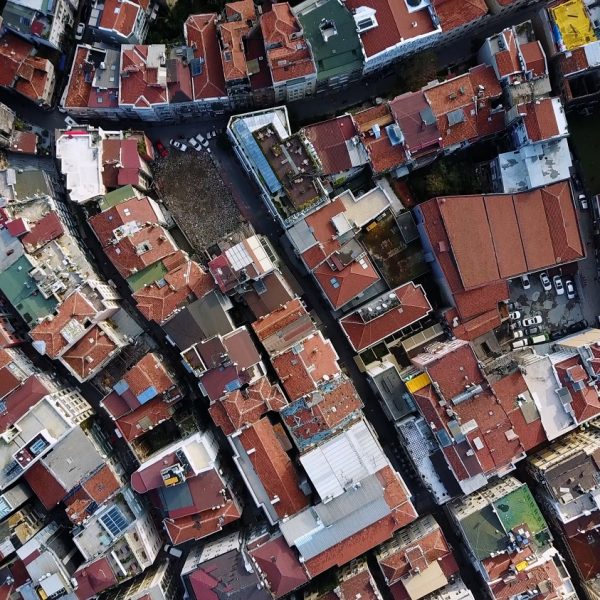Planning and Implementing Positive Energy Districts from Concept to Practice: Mapping of Characteristics, Technologies, Stakeholders, Methods and Processes
Track 1 – Special session
Wednesday, 20th July 2022 from 16:30 to 18:00 | Seminar room 2
Thursday, 21st July 2022 from 9:00 to 11:00 | Seminar room 3
Description:
The Special Session aims to provide a platform for researchers and practitioners working on the definition, planning and implementation of positive energy districts (PEDs) and climate neutral cities (CNCs) to share thoughts and exchange experiences. The concept of PEDs/CNCs is evolving, although there has been a growing number of projects aligned with the PED/CNC aspirations in recent years, their planning and implementation are still in infancy. Through an open and constructive dialogue, this Special Session seeks to identify the success factors and learn the valuable lessons from ongoing PED/CNC projects. We are particularly interested in work that addresses the following challenges:
- Review of the planning and implementation of PEDs/CNCs: demonstration of existing cases, identification of main challenges, success factors and barriers, establishment of best practice.
- Definition of PEDs/CNCs: their quantitative/qualitative traces and methods to capture the essence of PEDs.
- Characterisation of PEDs/CNCs: identification of key characteristics, creation of PED/CNC archetypes/references to support replication.
- Stakeholder engagement: mapping of relevant stakeholders, their roles and needs in the PED/CNC development, stakeholder management in the PED/CNC processes.
- PED/CNC processes: structure of effective process flow, methods/tools to streamline the processes.
- PED/CNC legal and regulatory challenges: identification of key legal and regulatory barriers and opportunities to support PED development.
- PED/CNC Energy systems: from identification to implementation
- Modelling and Control methods and techniques for planning, operating and implementing PEDs/CNC
We invite researchers and practitioners who are working with PEDs and CNCs to present their projects/studies and contribute to this open dialogue.
Presentations:
Wednesday, 20th July 2022 from 16:30 to 18:00 | Seminar room 2
- 540 Alpagut, Beril – Technical design of PEDs in six European cities
- 541 Standardi, Laura – The potential of predictive control for operating PEDs
- 553 Shah, Juveria – An in-depth learning of positive energy districts (PED) for their characterization by word embedding methods
- 564 Albert-Seifried – Energy balance calculation for positive energy districts: A Review of the status quo and challenges
- 566 Albert-Seifried, Vicky – Development of archetypes for positive energy districts: concept and key characteristics
- 716 Borsboom-van Beurden, Judith – Use of non-technical tools for planning and implementing Positive Energy Districts
Thursday, 21st July 2022 from 9:00 to 11:00 | Seminar room 3
- 573 Gabaldon Moreno, Andrea – Energy planning using OEMOF as a tool for the urban energy transition. A case study in Valladolid, Spain.
- 574 Van Wees, Mark – Energy Citizenship in Energy Positive Districts
- 575 Reda, Francesco – Positive Energy District (PEDs) archetypes: methodology for cataloging and analysis of the results of the first identified archetypal models
- 586 Alpagut, Beril – Supporting the decision-making processes towards Positive Energy Districts implementation: Overarching Concept for PED Database
- 599 Rezaei, Abolfazl – Development of the data model for an automatic energy system modeling framework
- 603 Han Vandevyvere – Do you want to live in a Positive Energy District? A review of Quality-of-Life indicators from existing PED projects
- 552 Yoo, Han Kyul – Addressing and overcoming silo thinking to facilitate fair Positive Energy Districts (PEDs) design and development.
Download all abstracts of Track1

